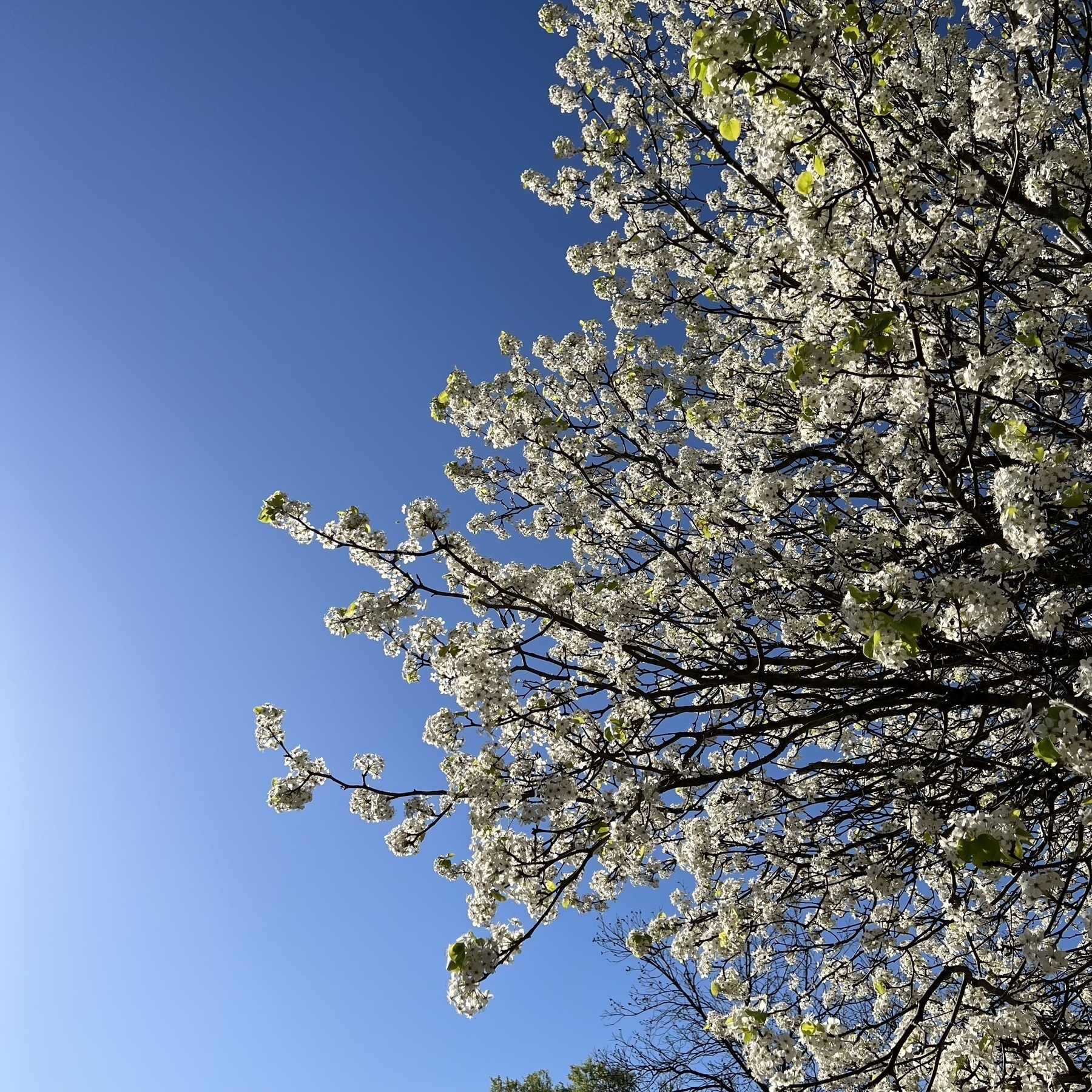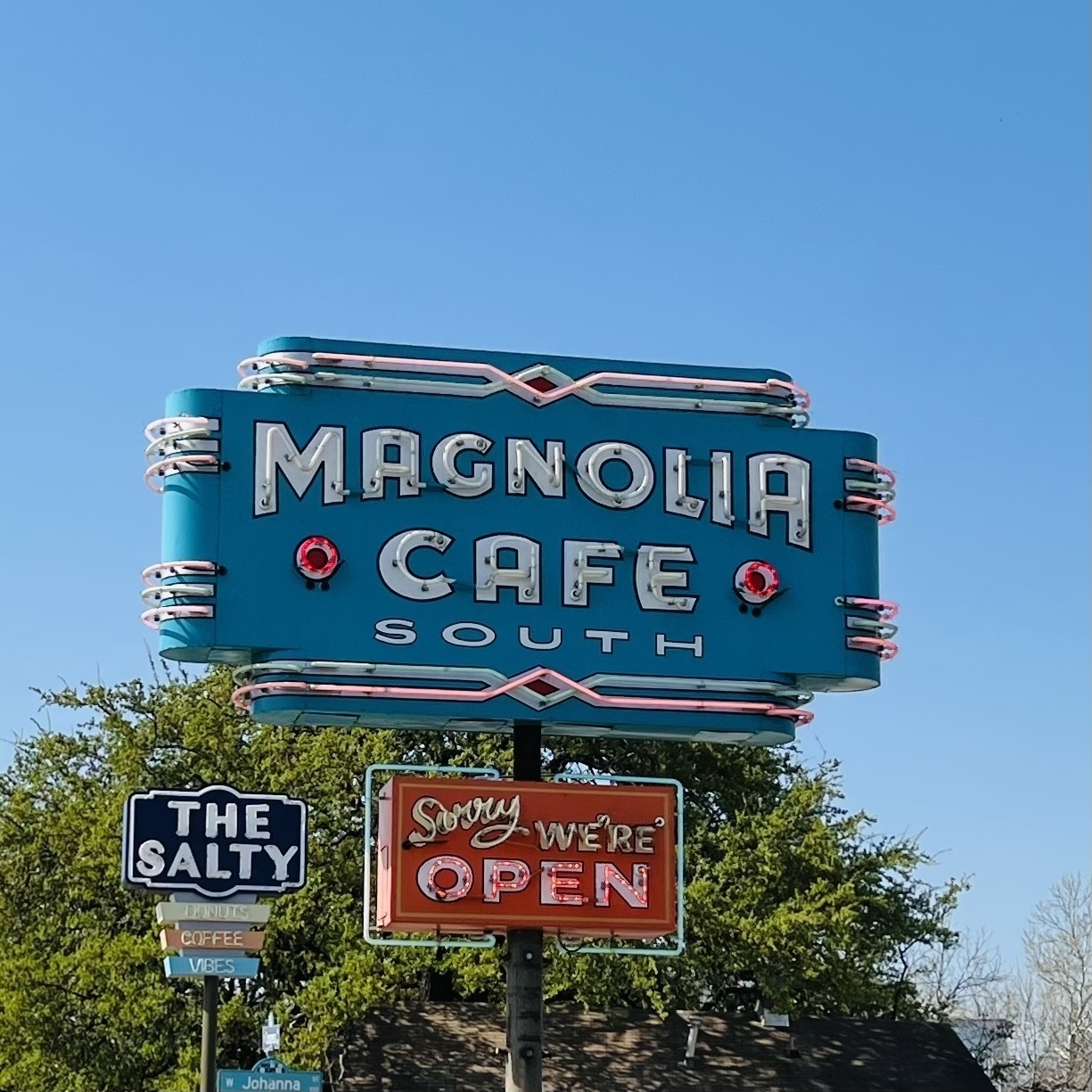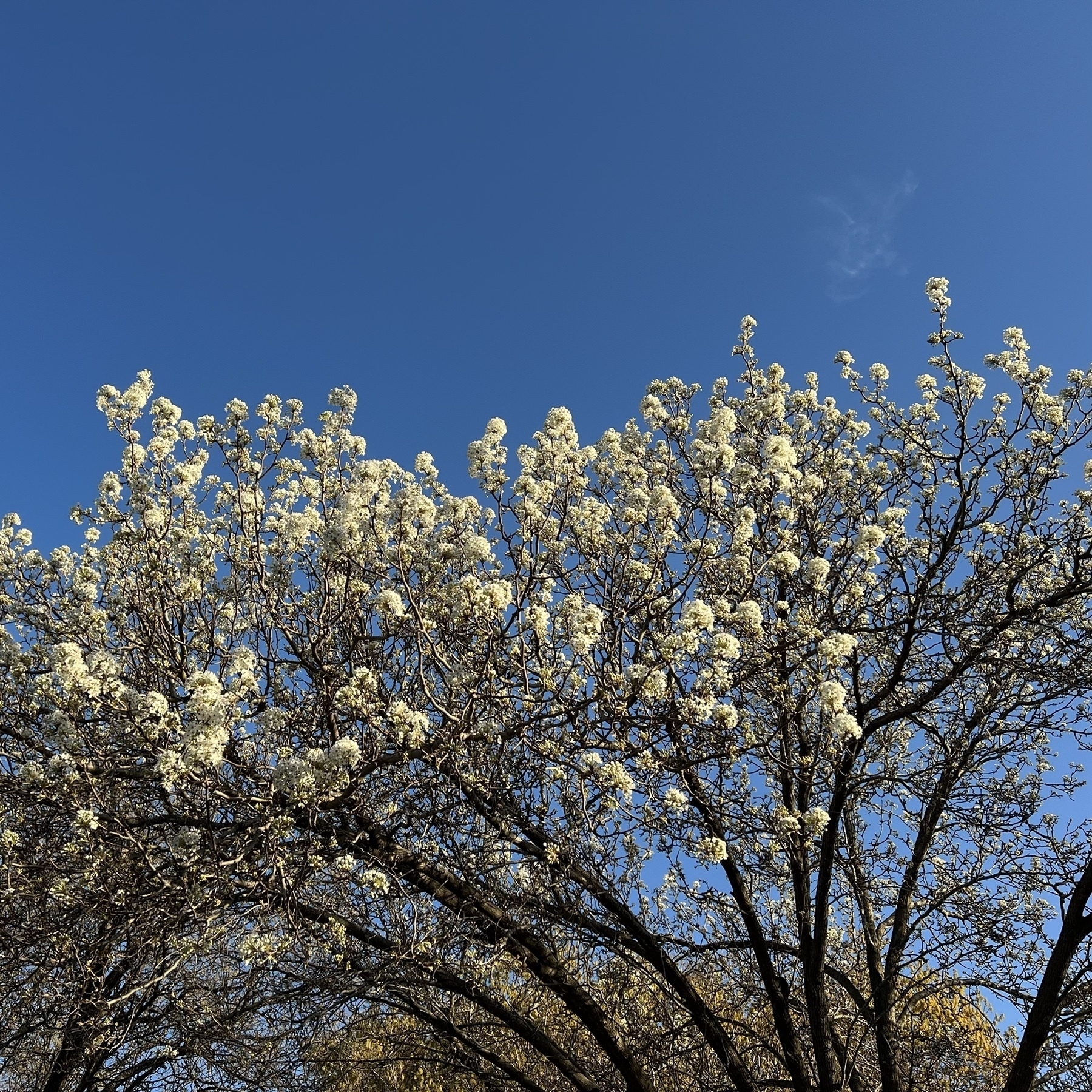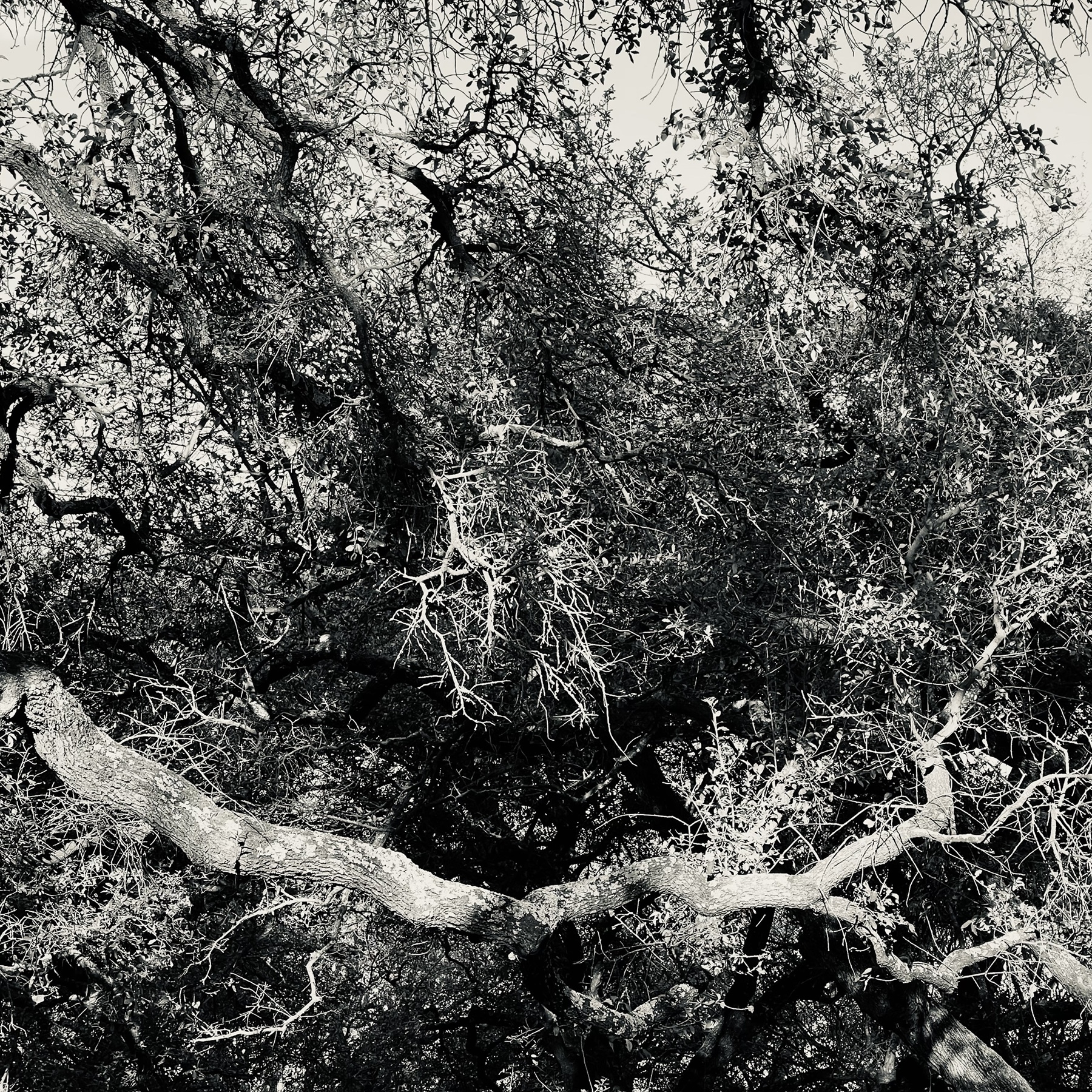I almost always post my photos in square format, but not because of Instagram. This was my first camera, many years ago; I loved it with a passion, and even now I naturally see the world within a square frame.
Diners.
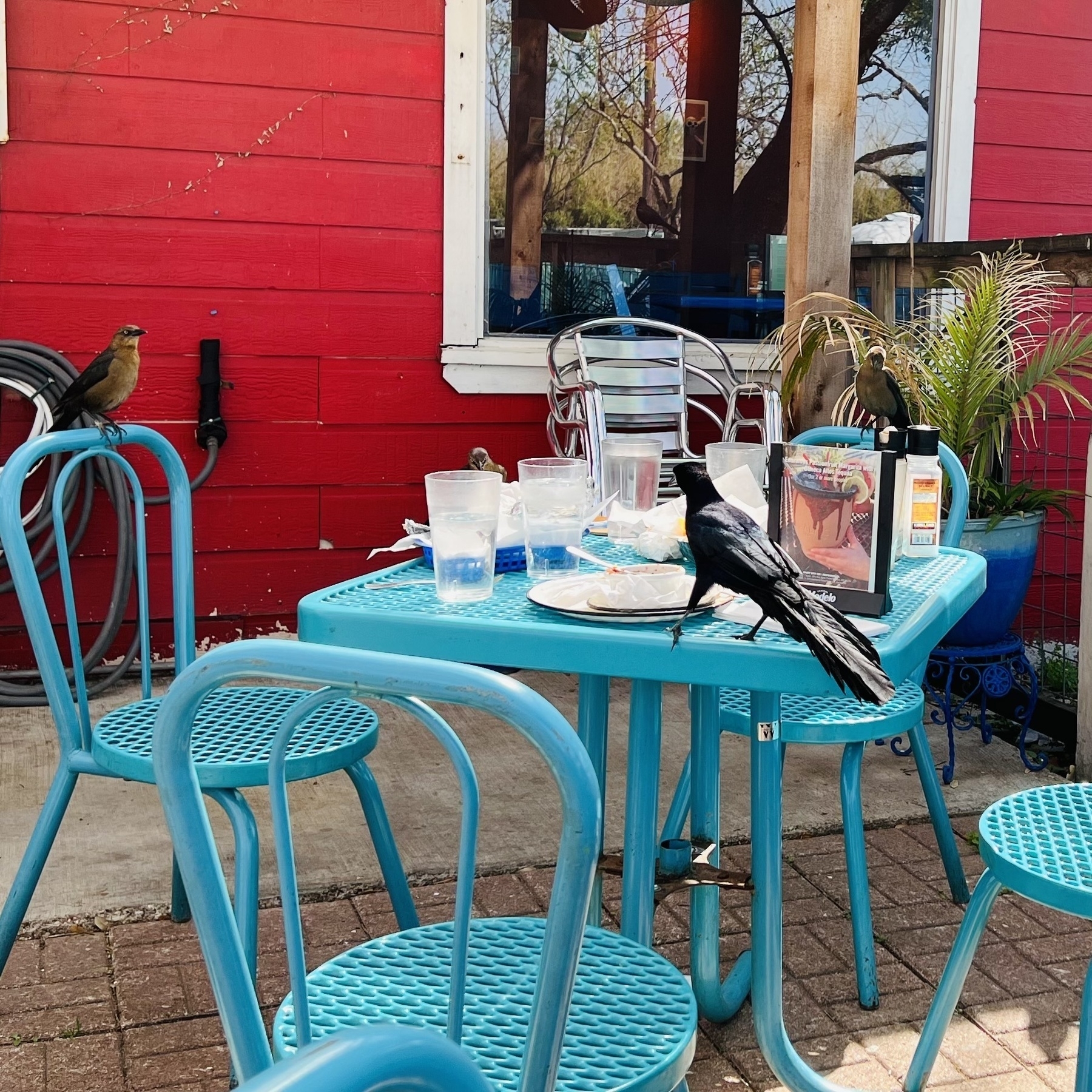
New York City Libraries End Late Fees, and the Treasures Roll In:
When New York’s public library system announced last October that it would be eliminating all late fines, its goal was to get books and people back to the city’s nearly 100 branches and research centers after a year and a half of limited hours and access.
The goal was achieved: A wave of returned overdue materials came crashing in, accompanied by a healthy increase (between 9 and 15 percent, depending on the borough) of returning visitors.
Since last fall, more than 21,000 overdue or lost items have been returned in Manhattan, some so old that they were no longer in the library’s system. About 51,000 items were returned in Brooklyn between Oct. 6 through the end of February. And more than 16,000 were returned in Queens. (Libraries are still charging replacement fees for lost books.)Some books were checked out so long ago that they had to be returned to different addresses. In December, Flushing Library in Queens received a package containing “Goodbye, Mr. Chips,” a novella by the English novelist James Hilton, that had been checked out in July 1970 from an address that is now associated with a shopping plaza.
My friend Adam Roberts has written a witty and fascinating theological parable. Adam is of course a heretic, and I will feel bad when the Inquisition takes him.

Currently reading: Orson Welles, Volume 1: The Road to Xanadu by Simon Callow 📚
a threefold labor
This post by the film scholar David Bordwell has me thinking about how I might apply lessons from the project of caring for old movies to the more general work of cultural invitation and repair. Imagine then a threefold labor:
- Conservation
- Preservation
- Restoration
Imagine something that you value — a trove of photographs, a house or farm, a notebook of poems, your local church; your family even. First, you have to make sure that what you value is not lost altogether. Then, having preserved it from destruction, you work to prevent its deterioration — you protect it from corrosive or destructive forces. And finally, you strive to restore it to its best possible condition. (I recently bought the Criterion Blu-Ray of Citizen Kane, and as I was watching it I wondered if this movie has ever looked so good. It’s staggeringly beautiful.)
All this work paves the way for further development and extension of good things later on. This threefold labor, then, is not simply backward-looking, is not focused solely on the excellence of our inheritance. Maintaining our inheritance is what enables us to extend it, to add to what we pass down to the next generations. Because generations of scholars preserved the work of Homer, Vergil could write the Aeneid; because later generations of scholars preserved the work of Vergil, Milton could write Paradise Lost. And on it goes — or it should.
The judges asked Thiess why he had become a werewolf – what benefits did it bring to a poor man like him? He explained that many decades ago he had accepted an enchanted drink offered to him in a tavern by a ‘scoundrel’ from Marienburg. The same man had taught him a blessing invoking the sun and the moon and how to cure sick people and animals. Thiess’s knowledge of herbs and charms had made him well known among his neighbours. He recalled that he took on his new identity calmly, but ‘hadn’t thought it would involve so much evil’.I know, right? Same with me and being a professor.
I decided not to read the article about the takes about the memes about the exhaustion about the memes about the takes about the Thing That Happened.
This WSJ article about people returning to landlines and ethernet cables — that’s my tribe, man. Now, I don’t have a landline (yet?) and I use ethernet only at my office — but my use of wireless technologies is gradually diminishing because … well, because they suck. They’re not reliable. Apple’s iCloud is terrible, so my primary backup strategy involves an external hard drive (supplemented by Backblaze, which as far as I can tell is flawless); Bluetooth is, I believe, the most unreliable technology in widespread use, so I have returned to wired headphones. I’m gradually restoring the status quo of twenty years ago, when my access to the internet was through one device that sat on a desk. And that sounds great.

Symmetry in nature. Wes Anderson’s gonna love this.
By pointing me to this interview with Brian Cox, my buddy Austin Kleon has provided me with the ideal tagline for this blog: “I’m too old, too tired and too talented for any of that shit.”
Invasion of the Fact-Checkers - Tablet Magazine:
The pandemic would shine an especially harsh light on the role of fact-checkers as information cops for America’s power elite—and the dangers of that role. Far from identifying “dangerous misinformation,” fact checkers were instrumental in the multipronged effort to suppress inquiries into the origins of the global pandemic that has killed nearly 6 million people. In February 2020, The Washington Post chided Arkansas Sen. Tom Cotton for promoting a “debunked” “conspiracy theory” that COVID-19 had escaped from a lab. In May 2020, the Post‘s Glenn Kessler, who is a member of the IFCN advisory board, said it was “virtually impossible” for the virus to have come from a lab. Those were the facts ... until a year later, when Kessler published a new article explaining how the “lab-leak theory suddenly became credible.”
How to understand the epistemological process that could lead a seasoned fact-checker to do a 180 on a matter of utmost public importance in less than a year? The simple answer, which has nothing to do with Kessler’s individual character or talents, is that when it really counts, the fact-checker’s role is not to investigate the truth but to uphold the credibility of official sources and their preferred narratives. Kessler’s mind changed at the very moment when the Democratic Party machinery began charting a new course on an issue that was hurting the party at the polls.
Watching the UNMNT and on this Sunday the goals (so far) have been scored by Jesus, Paul, and Christian. Just saying.

